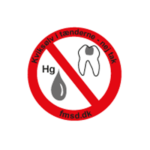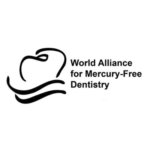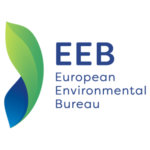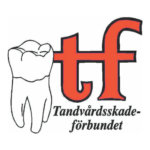On October 10, 2022, amalgam fillings were replaced by glass ionomer cements from public health care benefits in Poland, effectively phasing out Poland’s use of amalgam.
Polish dentists are breathing a sigh of relief, as it is estimated that mercury concentrations in the urine of dental office staff working with patients range from 3 to 22 μg/l. The highest concentrations were found in people directly involved in the preparation, application and removal of amalgam. In the general population, the concentration of mercury in urine ranges from 1 to 5 μg / l.
Instead of amalgam, since October 2022, patients have been entitled to a basic treatment free of co-payments with
- glass ionomer cement,
- higher density glass ionomer cement or
- resin-reinforced glass ionomer cement.
Additional a fee for reimbursement of amalgam filling removal has also been introduced.
According to the Ministry of Health, the new regulation will lead to an increase in the cost of services rendered by PLN 21 million (approx.€4.5 million).
The decision to phase out amalgam was supported by the Polish Dental Association, which, however, is calling for a further increase in services. Experts from the Evaluation Committee for Medical Services (Agency for Health Technology Assessment and Tariff System) had stated that amalgam poses a risk to human health and the environment.
The decision was preceded by the publication of EKO UNIAs “Wroclaw Declaration” in September 2021, with which civil societies had called on the Ministry of Health to phase out dental amalgam.
👉 Amendment of the regulation on guaranteed benefits in the field of dental treatment, 25 August 2022




















